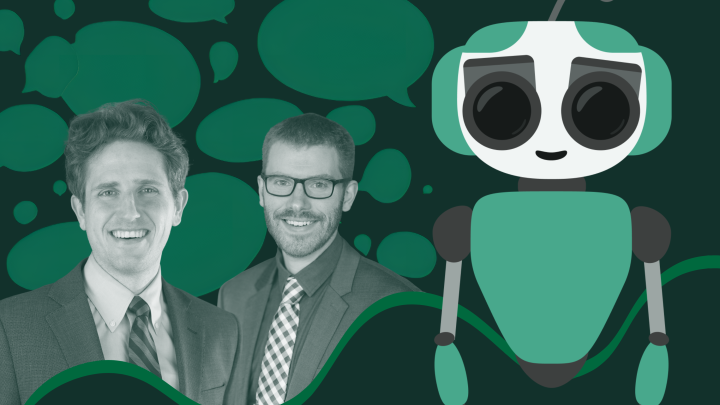Overview of the Study
Dartmouth researchers have conducted the first clinical trial of a therapy chatbot powered by generative AI, revealing that the software led to notable improvements in participants’ mental health symptoms. The findings were published in NEJM AI, a journal associated with the New England Journal of Medicine.
Key Findings
- The trial involved 106 participants from across the United States, all diagnosed with major depressive disorder, generalized anxiety disorder, or an eating disorder.
- Participants interacted with the chatbot, named Therabot, via a smartphone app, responding to prompts about their feelings or initiating conversations.
- Individuals with depression reported an average symptom reduction of 51%, indicating significant improvements in mood and overall well-being.
- Participants with generalized anxiety experienced a 31% reduction in symptoms, with many moving from moderate to mild anxiety or below clinical thresholds.
- Among those at risk for eating disorders, Therabot users showed a 19% average reduction in body image and weight concerns, outperforming a control group.
Implications for Mental Health Care
The researchers emphasized that while AI-powered therapy requires clinician oversight, it holds promise for providing real-time support to individuals lacking regular access to mental health professionals. Nicholas Jacobson, the study’s senior author, stated:
“The improvements in symptoms we observed were comparable to what is reported for traditional outpatient therapy, suggesting this AI-assisted approach may offer clinically meaningful benefits.”
Challenges and Future Directions
Despite the promising results, the study’s authors caution that generative AI is not yet ready for autonomous operation in mental health settings due to potential high-risk scenarios. Michael Heinz, the study’s first author, noted:
“While these results are very promising, no generative AI agent is ready to operate fully autonomously in mental health… We still need to better understand and quantify the risks associated with generative AI used in mental health contexts.”
Therabot’s Development and Functionality
Therabot has been in development since 2019, with ongoing consultations from mental health professionals. The chatbot engages users with natural, open-ended dialogue based on evidence-based practices for psychotherapy. For instance, if a user expresses feelings of anxiety, Therabot might respond with:
“Let’s take a step back and ask why you feel that way.”
In cases of high-risk content, such as suicidal thoughts, Therabot prompts users to contact emergency services or crisis hotlines.
Conclusion
The trial demonstrated that users engaged with Therabot for an average of six hours, equivalent to about eight therapy sessions. Jacobson remarked:
“Our results are comparable to what we would see for people with access to gold-standard cognitive therapy with outpatient providers.”
This study highlights the potential of AI in enhancing mental health support, particularly for those unable to access traditional therapy.
